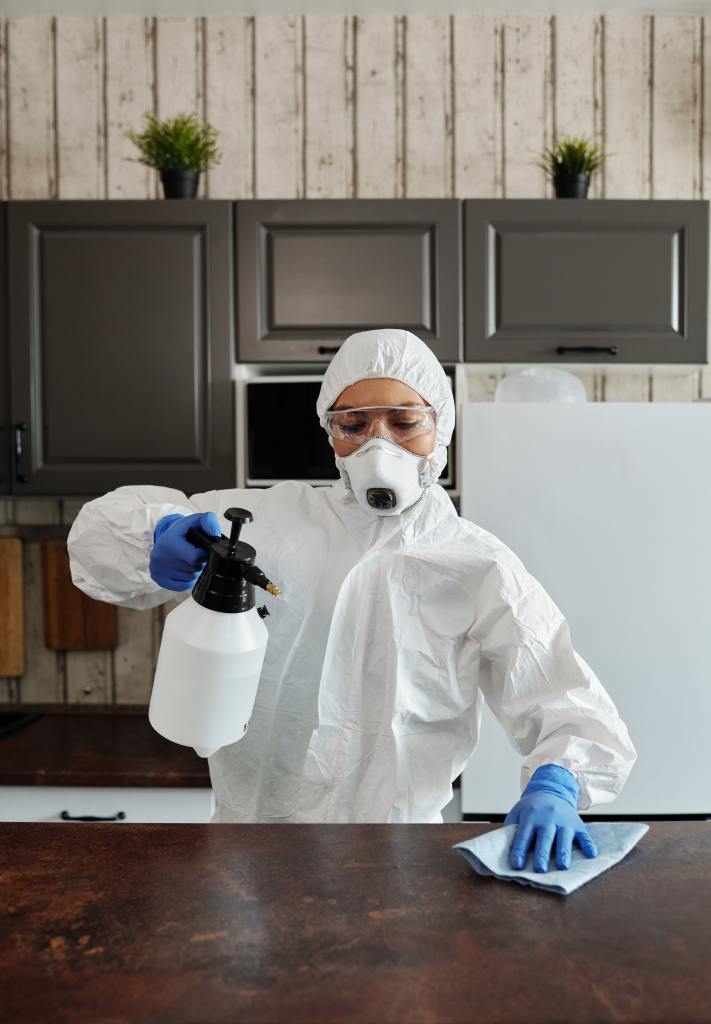Occasionally, you’ll see a recall issued by a food producer or manufacturer. Most often, you’ll not only hear of these recalls through your local news or cable news networks, but online through social media or web-based news sources as well. Infrequent though they may be, recalls should be taken seriously so that the tainted product can stop circulating and people can be prevented from getting sick. But what, exactly, are the steps one should take when a recalled product ends up in the cupboard?
Instructions on how to proceed will always follow a recall, each one having its own specific directions based on the food. But, regardless of the food, there are basic rules and procedures one should follow. Yes, you should always just throw the item out, but what else?
The reasons for a recall can be many, but most often they are one of three main issues: bacteria and parasites, foreign objects, or allergens.

You’ve purchased a product, brought it home, put it in the fridge, and a couple of hours later, you hear it’s been recalled. Well, it’s now been on your refrigerator shelf or in a refrigerator drawer long enough to spread the contaminant to other areas. Throw the item out, then wash and sanitize the shelves and drawers.
If you’ve already prepared the item, throw it away and wash and sanitize all cooking utensils, pots, pans, and cuttings boards, as well as any counter-tops the product touched.

Products that are recalled due to an undeclared allergen should be handled with a slight difference. Those items can be returned for a refund if they were never opened or used, no cleaning and sanitizing necessary. However, it may go without saying that if someone in your household has an allergy to that substance, the same rules apply as did to bacteria and parasites: wash and sanitize everything the item touched.
You can see a trend here. Regardless of the recall, you need to dispose of the product, wash, and sanitize. Those three steps are easy to remember and will keep you and your family from getting sick.
All recalls and outbreaks can be found on the FDA and USDA websites. This is where you will find real-time alerts. It is also where you can sign up for email alerts regarding recalls and outbreaks. Another government website, foodsafety.gov, has current lists as well.

